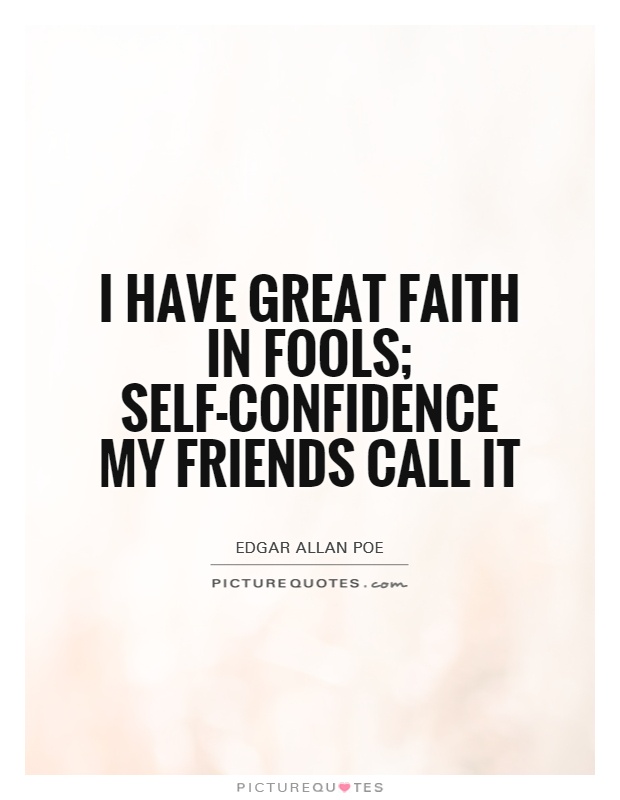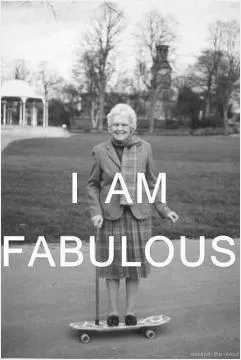I have great faith in fools; self-confidence my friends call it

I have great faith in fools; self-confidence my friends call it
Edgar Allan Poe, the master of macabre and mystery, was a man of great complexity and contradiction. Known for his dark and haunting tales, Poe often delved into the depths of the human psyche, exploring themes of madness, obsession, and the supernatural. Despite his reputation as a literary genius, Poe was also plagued by personal demons and struggles throughout his life.One of Poe's most famous quotes, "I have great faith in fools; self-confidence my friends call it," speaks to his own sense of self-doubt and insecurity. Throughout his career, Poe faced numerous setbacks and rejections, yet he continued to persevere and believe in his own abilities. This unwavering self-confidence, or perhaps foolhardiness, allowed Poe to push the boundaries of traditional literature and create works that were truly groundbreaking.
Poe's belief in the power of the irrational and the unknown is evident in many of his works, such as "The Tell-Tale Heart" and "The Fall of the House of Usher." In these stories, Poe explores the darker aspects of human nature, delving into the depths of madness and despair. His characters often grapple with their own inner demons, struggling to make sense of a world that is chaotic and unpredictable.
Despite his own struggles with mental illness and addiction, Poe was able to channel his inner turmoil into his writing, creating works that continue to captivate and terrify readers to this day. His ability to tap into the darkest corners of the human psyche is a testament to his own self-confidence and belief in the power of the imagination.












 Friendship Quotes
Friendship Quotes Love Quotes
Love Quotes Life Quotes
Life Quotes Funny Quotes
Funny Quotes Motivational Quotes
Motivational Quotes Inspirational Quotes
Inspirational Quotes